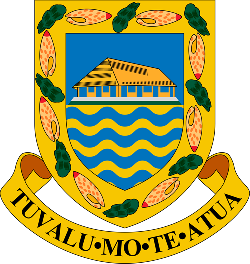Climate change has had a detrimental impact on Tuvalu's subsistence farmers over the past 30 years. The agricultural sector has been severely affected by increasing temperatures, sea-level rise, persistent droughts, and more intense tropical cyclones. These extreme weather conditions have further amplified storm surges, wave energy, and surface runoff during the wet season. High temperatures will also reduce agricultural productivity and damage crops, leading to food shortages and economic losses for island residents. Moreover, an increase in the number of dry days will exacerbate freshwater scarcity, already a considerable challenge in Tuvalu. Water shortages will impact local communities' livelihoods, particularly those related to agriculture, while dry conditions will increase the risk of wildfires, damaging crucial infrastructure, ecosystems, and crops. In addition, the climate threats are exacerbated by baseline drivers of degradation related to unsustainable agriculture and poor land use planning. Rising temperatures leading to droughts exacerbate saltwater intrusion into groundwater resources, contaminating the water supply. Contaminated water increases the likelihood of waterborne diseases, adversely affecting human health.
To address these challenges, the Government of Tuvalu has successfully obtained a grant of USD 4.4 Million from the Least Developed Country’s Fund of Global Environment Facility (GEF) for a five-year project. The project entitled “Ecosystem-based adaptation for improved livelihoods in Tuvalu” will be implemented by a Project Management Unit (PMU) lead by a National Project Manager.
